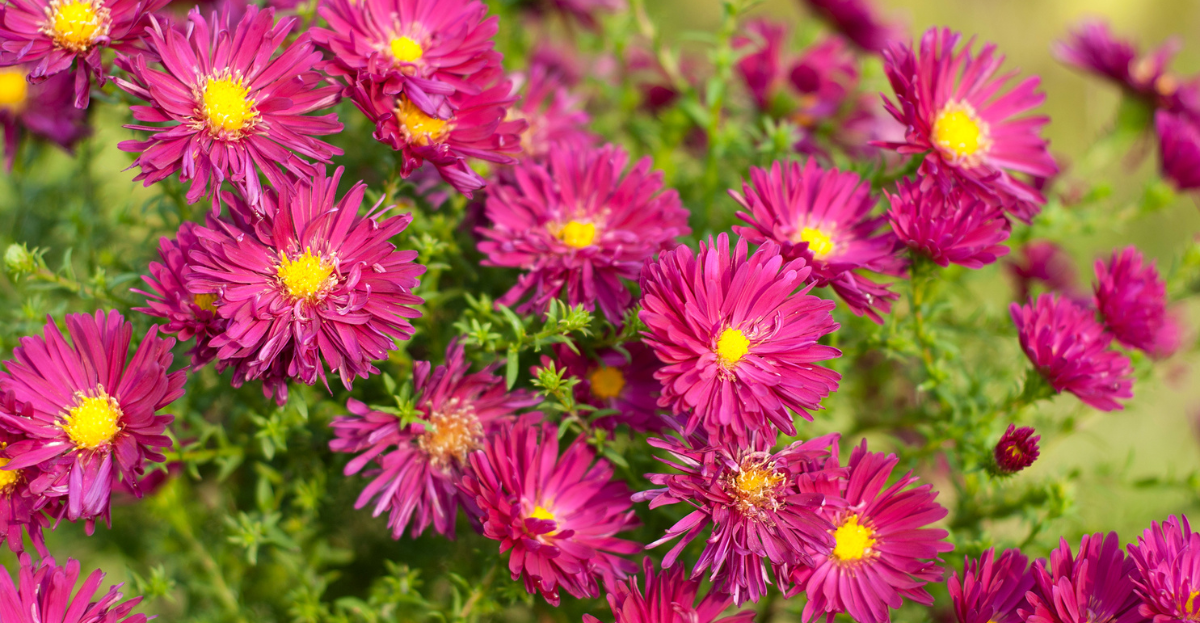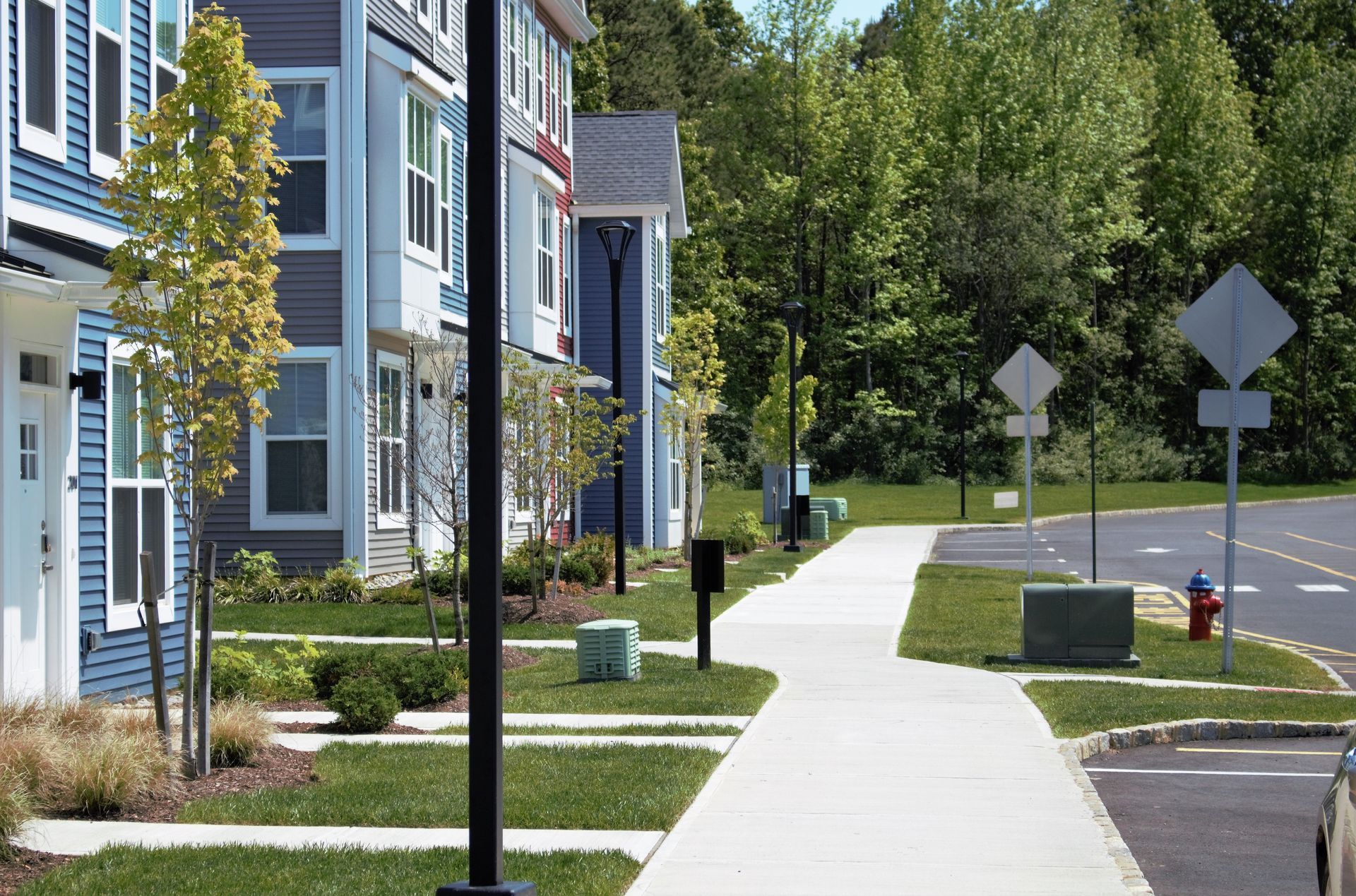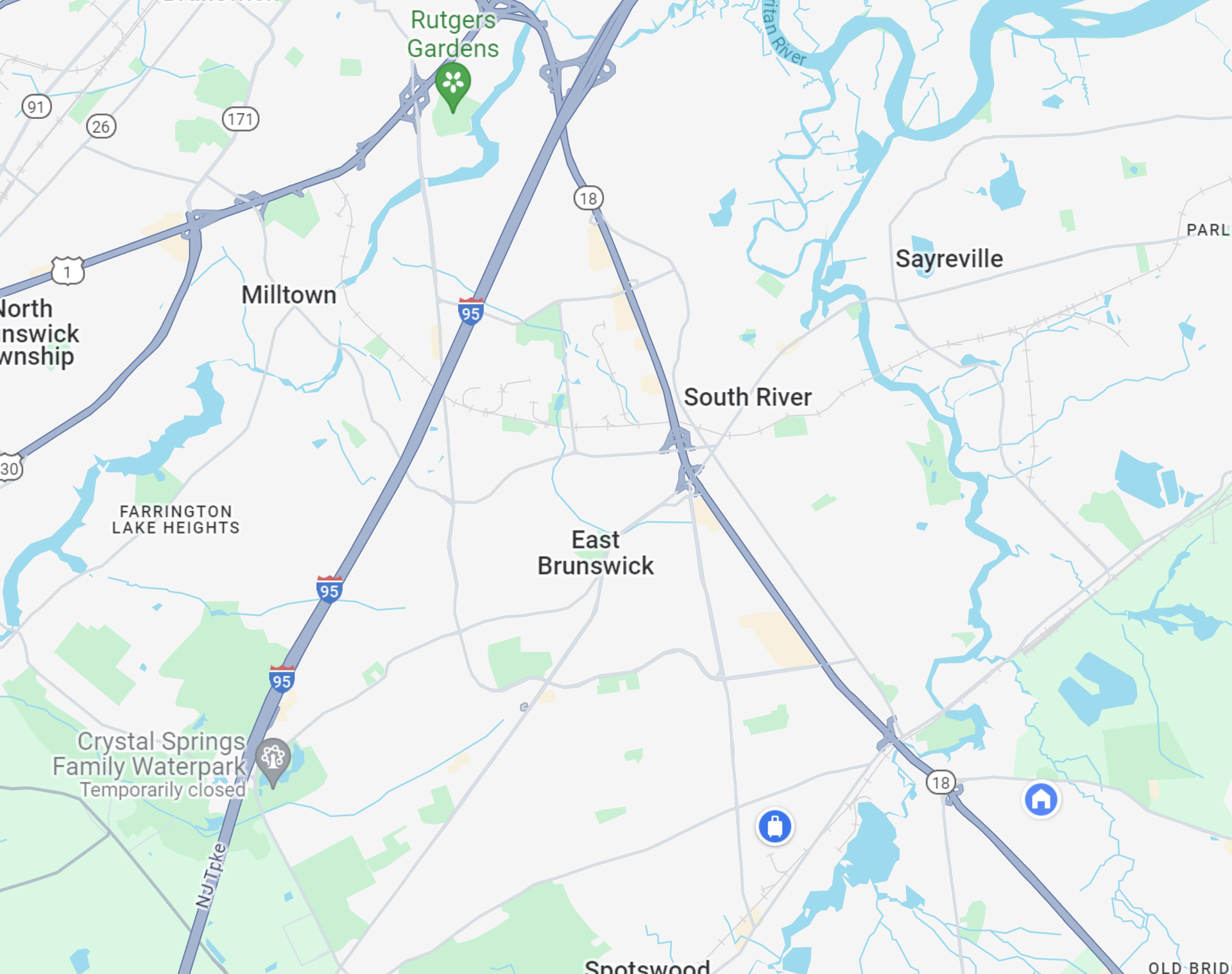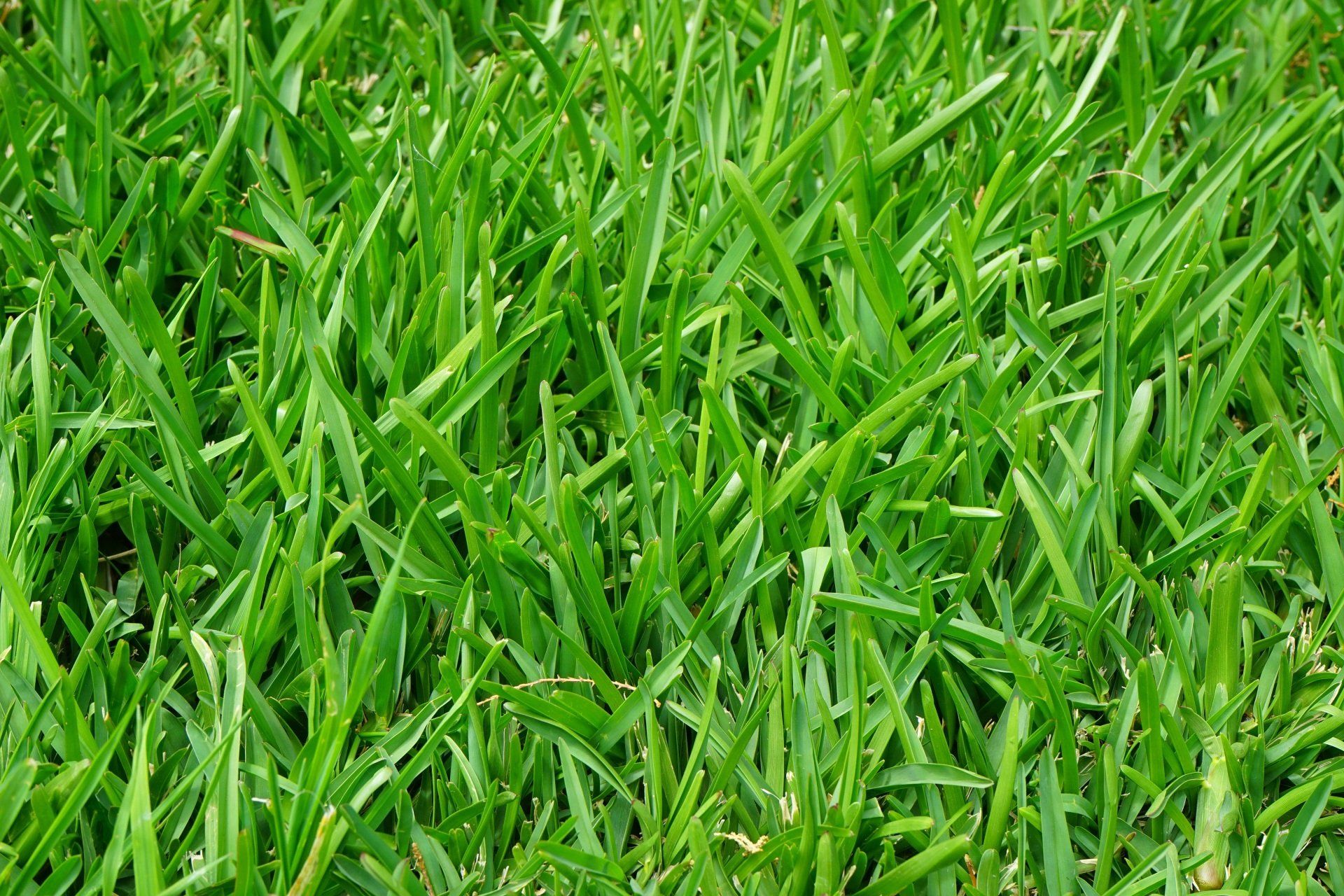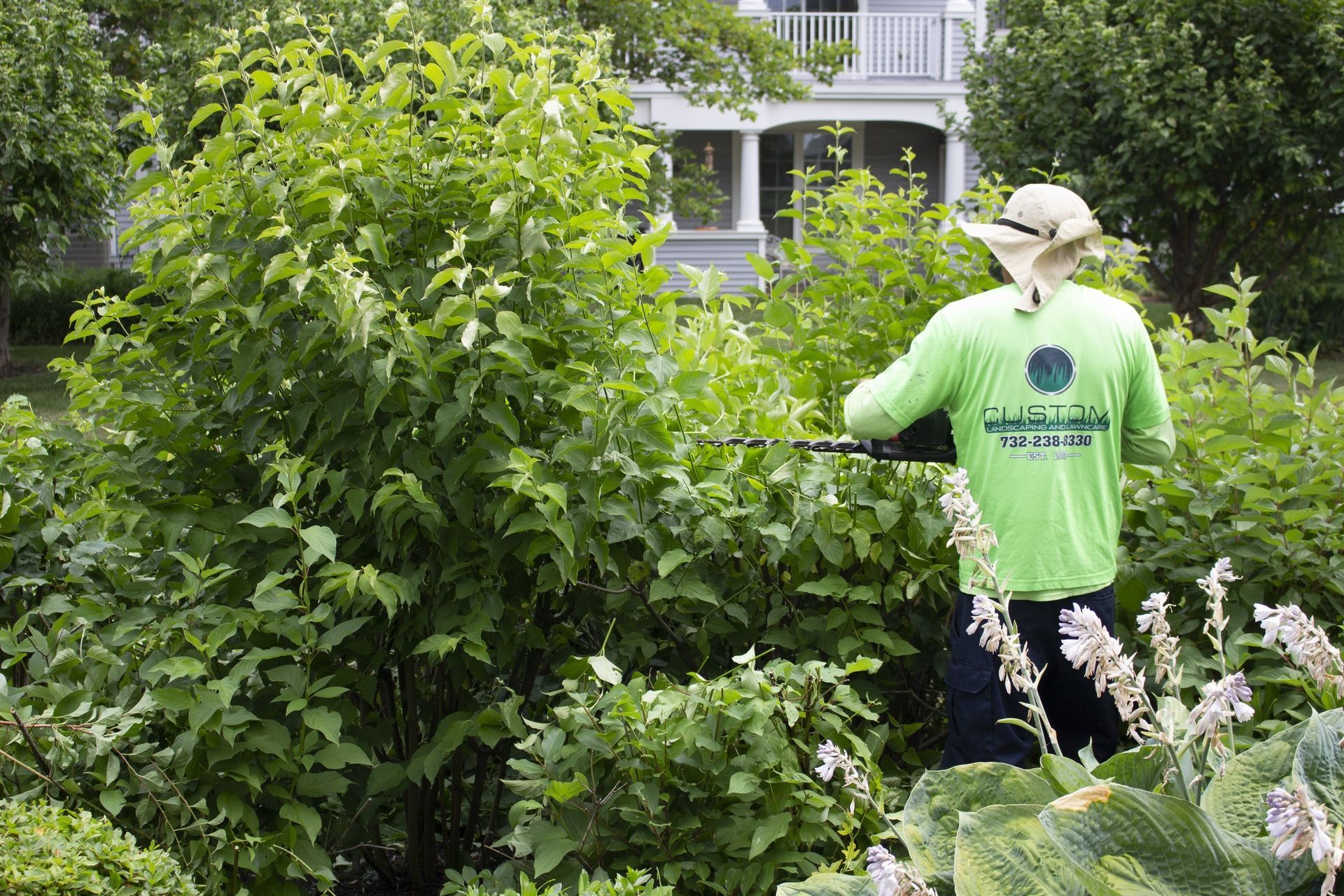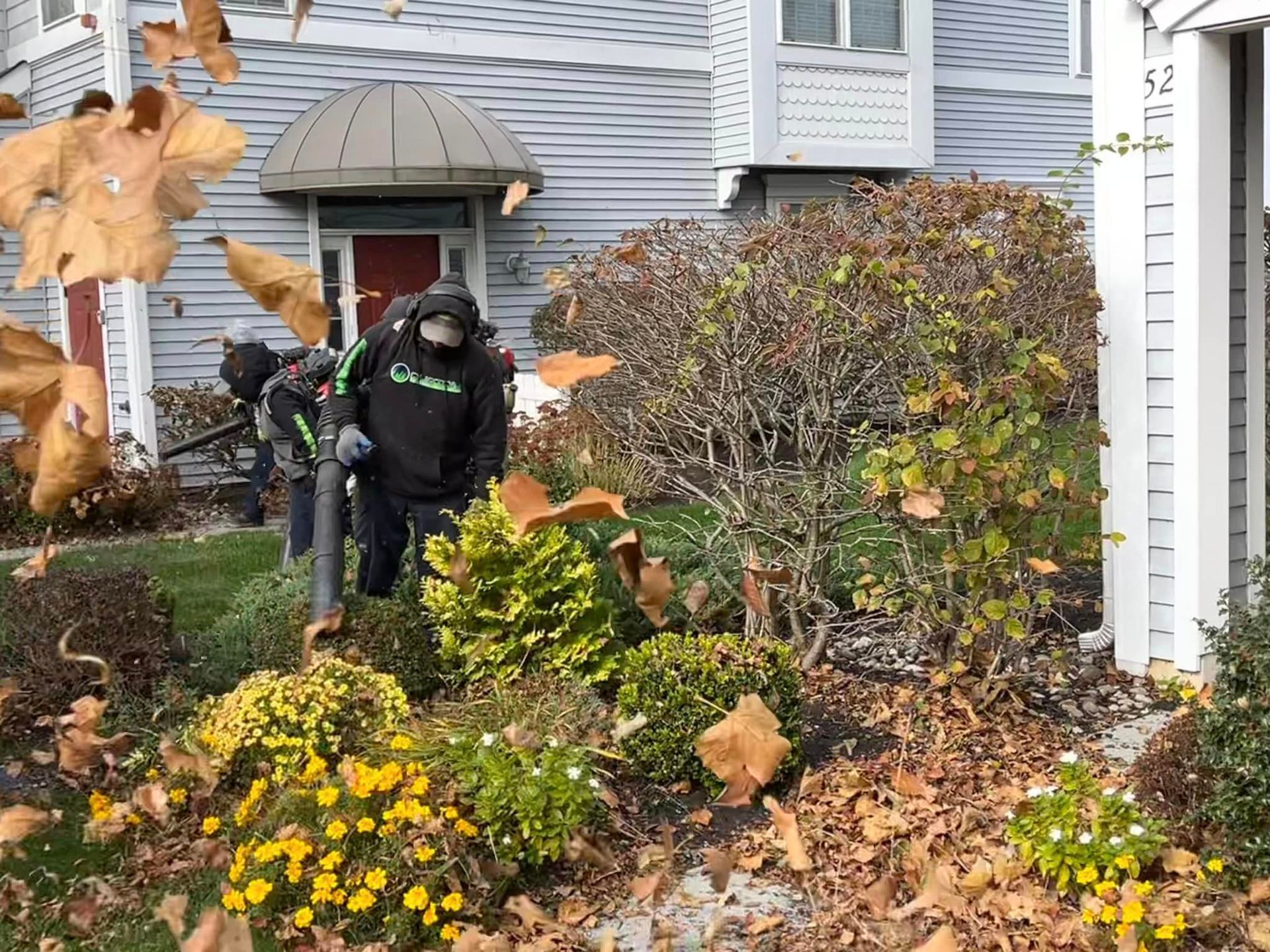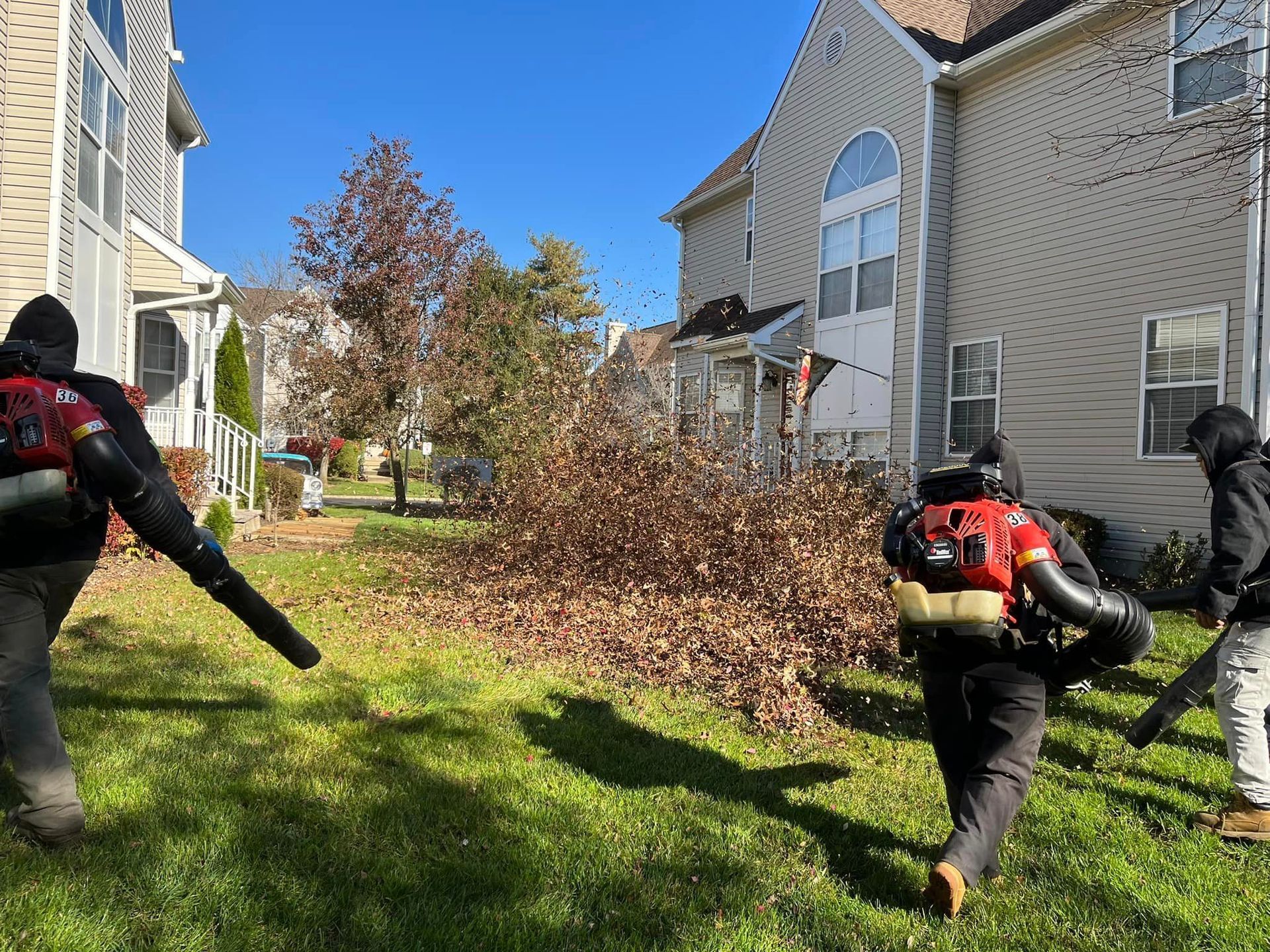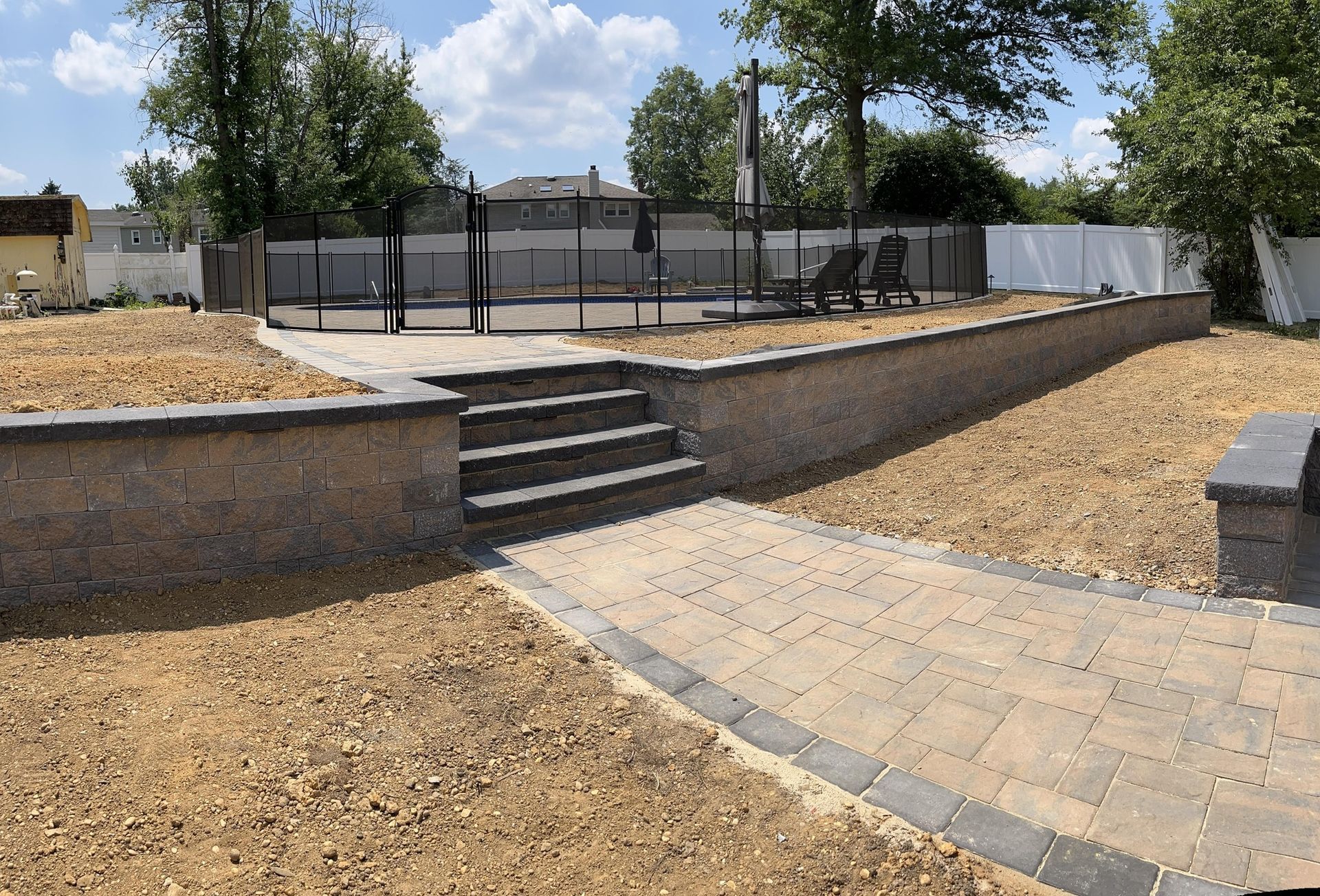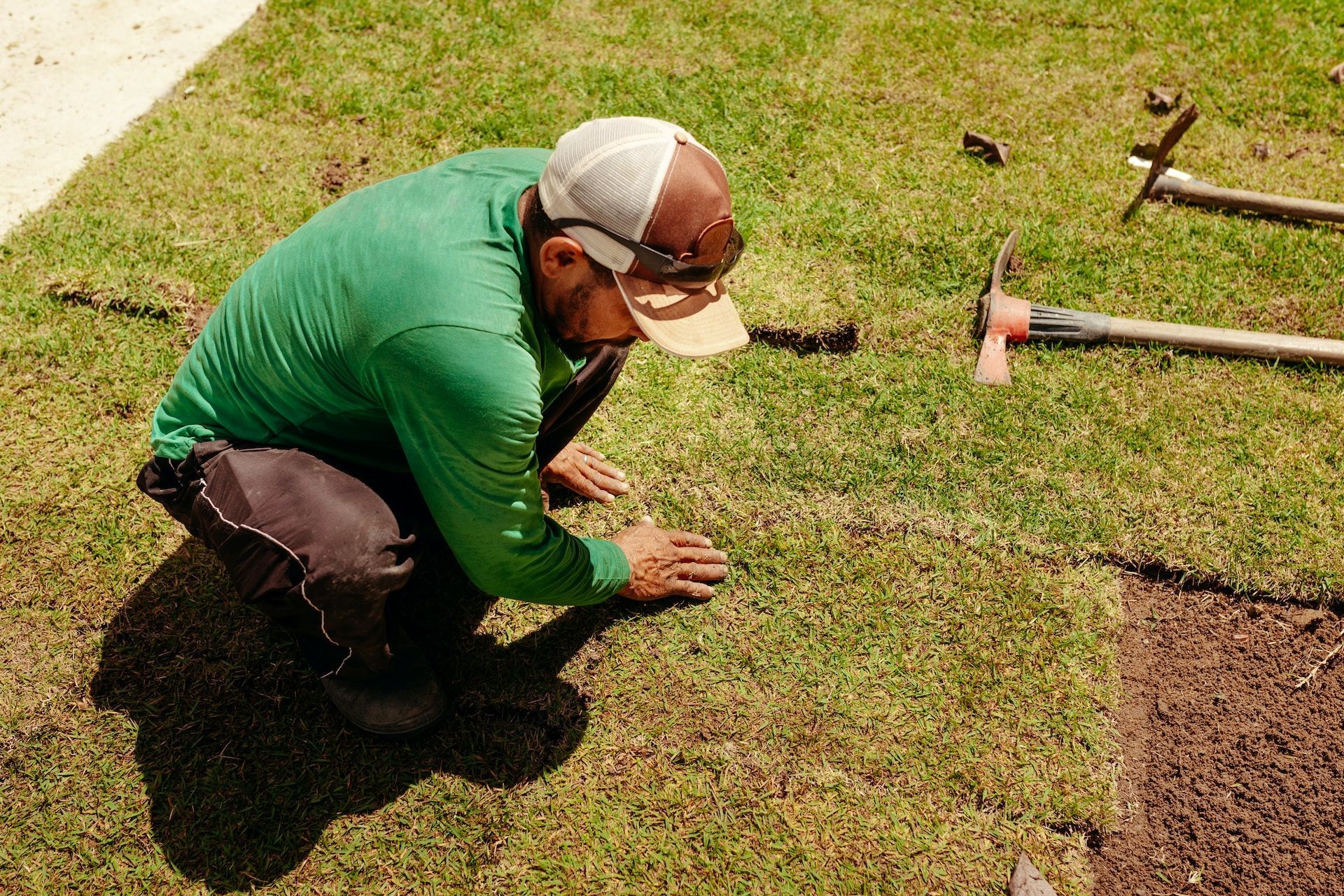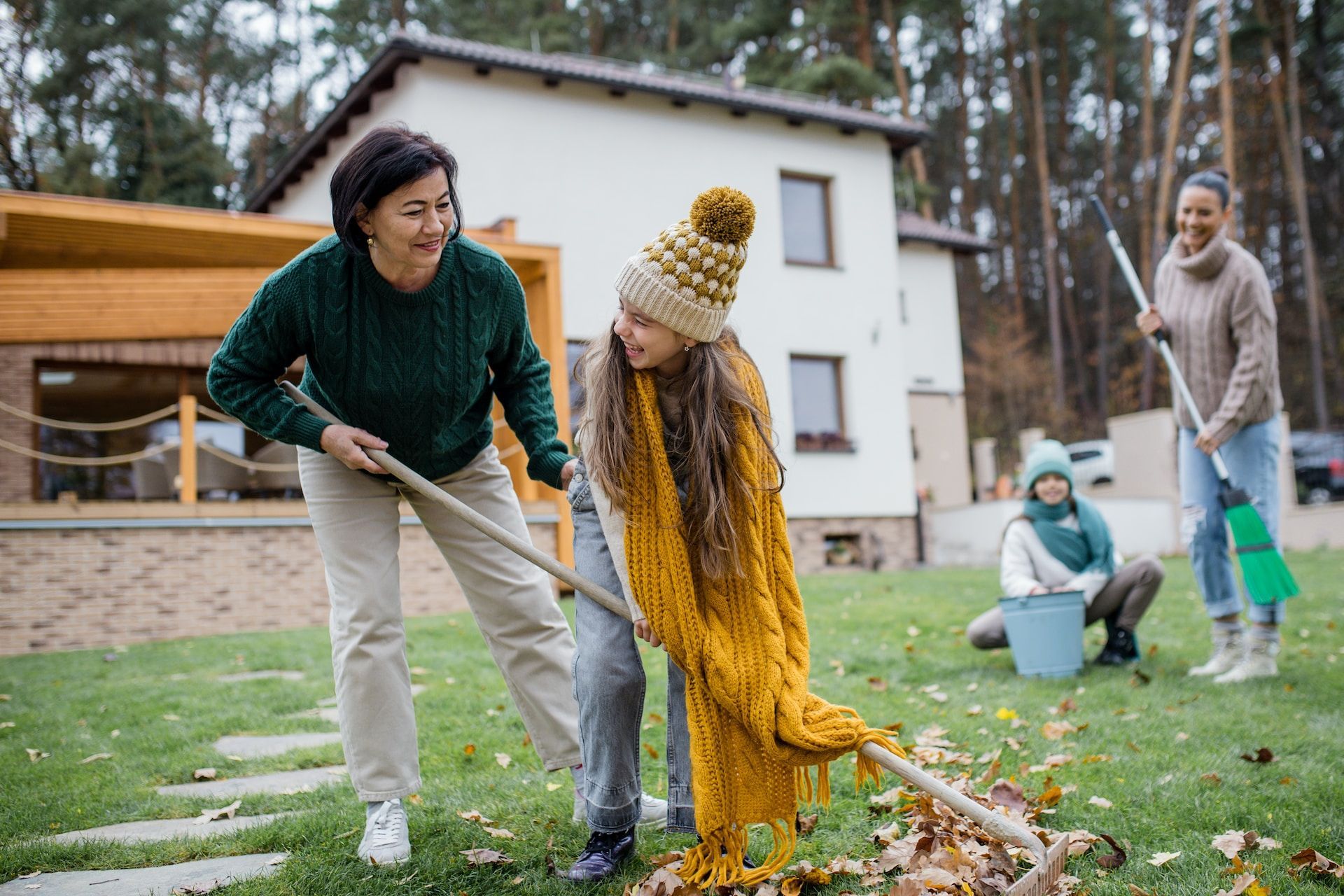Sustainable Landscaping Practices for Eco-Friendly Outdoor Spaces in Central NJ
Sustainable Landscaping Practices for Eco-Friendly Outdoor Spaces in Central NJ
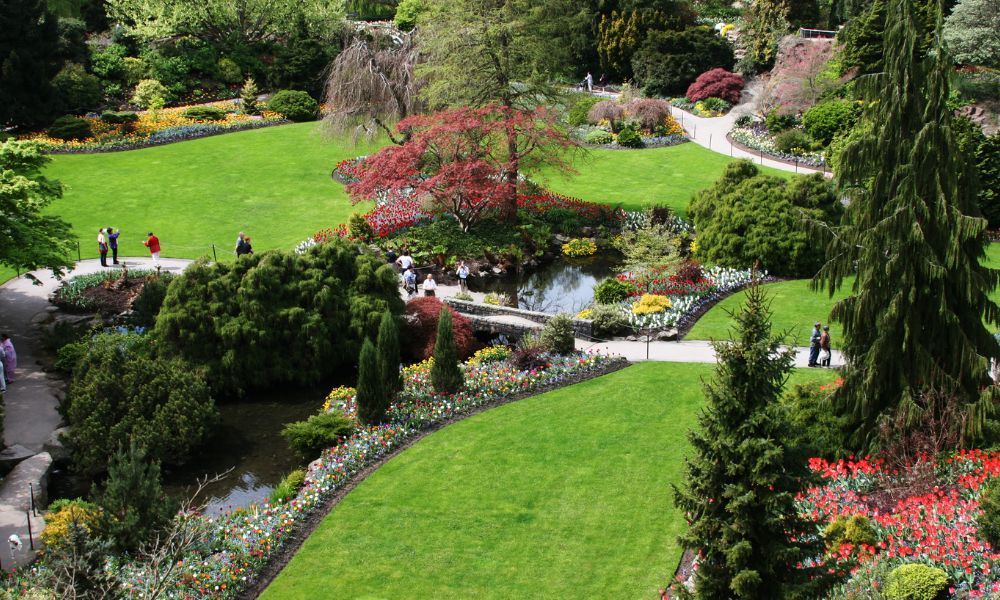
In today's environmentally conscious society, homeowners are increasingly seeking ways to reduce their ecological footprint and create beautiful, eco-friendly landscapes. By adopting sustainable landscaping practices, Central New Jersey residents can nurture outdoor spaces that not only look stunning but also contribute positively to the environment. Embracing sustainability means finding the perfect balance between aesthetics, functionality, and ecological responsibility in your landscape design.
This article will provide you with actionable steps and solutions to help you create an environmentally friendly landscape for your Central New Jersey home. We'll delve into sustainable practices that conserve resources, promote biodiversity, and reduce maintenance needs while maintaining the beauty and appeal of your outdoor space. Whether you're looking to revamp your entire landscape or make incremental changes, these insights will inspire you to transform your property into a thriving, eco-conscious haven that benefits both the environment and your lifestyle.
Incorporate Native Plants into Your Central NJ Landscape
- Benefits of Native Plants: Utilizing native plants in your Central New Jersey landscape promotes regional biodiversity, supports local wildlife, and reduces maintenance needs. Native species are well-adapted to local climate and soil conditions, making them more resilient and less dependent on supplemental watering and fertilization. This not only conserves resources but also decreases the need for potentially harmful pesticides and herbicides.
- Selecting Native Plants: When choosing native plants for your Central New Jersey landscape, consider factors such as sun exposure, soil type, and available space. Some popular native options include the Swamp Milkweed, Eastern Red Columbine, and New Jersey Tea, all of which can bring color and character to your eco-friendly landscape.
Optimize Your Irrigation Strategy
- Efficient Irrigation Methods: As mentioned in the previous article on optimizing water usage in Central New Jersey landscapes, adopting efficient irrigation methods such as drip irrigation or a properly planned sprinkler system can greatly reduce water waste and promote healthy plant growth.
- Align Irrigation with Climate and Soil: Tailor your irrigation schedule to the unique climate and soil conditions of Central New Jersey, taking into account factors such as seasonal rainfall patterns, soil type, and specific plant water requirements. Adjusting your watering regimen according to these factors will help conserve water resources and prevent overwatering.
Implement Sustainable Lawn Care Techniques
- Mowing Practices: Adjust your mower's blade height to maintain a grass height of around 3 inches, allowing for deeper root growth and greater drought tolerance. Additionally, practice grasscycling by leaving grass clippings on your lawn after mowing. This returns nutrients to the soil, reduces the need for synthetic fertilizers, and minimizes yard waste.
- Organic Fertilizers: Opt for organic or slow-release fertilizers as an eco-friendly alternative to synthetic options. Natural fertilizers release nutrients more slowly, supporting sustained plant growth while minimizing nutrient runoff, which can negatively affect local waterways.
Employ Organic Pest Control Methods
- Biological Control: Introducing natural predators such as ladybugs, predatory mites, and parasitic wasps can help manage pest populations without resorting to harmful chemicals. These beneficial insects will consume common pests like aphids and caterpillars, maintaining a balanced and healthy ecosystem in your Central New Jersey landscape.
- Cultural Control: Employing various cultural control methods such as rotating crops, removing diseased or pest-infested plants, and encouraging plant diversity can reduce the risk of pests and diseases. Creating a diverse eco-system featuring different plant species discourages the spread of pests and supports habitats for beneficial insects.
Enhance Your Landscape with Eco-Friendly Hardscaping Features
- Permeable Paving: Using permeable paving materials such as pavers, gravel, or porous asphalt for your walkways, driveways, and patios can significantly reduce water runoff and promote natural groundwater recharge. This can help prevent local water pollution, decrease the risk of flooding and erosion, and contribute to better overall water management in your Central New Jersey landscape.
- Green Walls and Roofs: Introducing green walls, also known as living walls, and green roofs can add visual appeal to your property, while also providing valuable environmental benefits. These innovative hardscaping features incorporate plants within vertical or rooftop spaces, helping to insulate buildings, mitigate urban heat island effects, reduce air pollution, and attract beneficial pollinators.
Encourage Wildlife with Habitat Features
- Bird and Bat Houses: Birdhouses and bat houses provide shelter and breeding spaces for local bird and bat species, promoting biodiversity and supporting a balanced ecosystem in your Central New Jersey landscape. Bats are especially valuable as they consume vast quantities of insects, providing natural pest control services.
- Pollinator Gardens: Designing a pollinator-friendly garden features plants that attract and support pollinators such as bees, butterflies, and hummingbirds. These animals play a vital role in maintaining ecosystem balance and promoting plant reproduction, making them an essential component in any eco-friendly landscape. Incorporate flowering native plants and provide water sources such as shallow birdbaths to encourage their presence.
By prioritizing native plants, optimizing your irrigation practices, employing sustainable lawn care techniques, and incorporating organic pest control methods, you can create an eco-friendly landscape that contributes positively to the environment while enhancing your Central New Jersey property's aesthetics and functionality. Moreover, integrating environmentally friendly hardscaping elements and encouraging wildlife will further bolster your landscape's ecological integrity and reduce your overall ecological footprint.
Conclusion
Creating an eco-friendly landscape not only enhances the natural beauty of your Central New Jersey property but also contributes positively to your local ecosystem by conserving resources, promoting biodiversity, and reducing our overall environmental footprint. With careful planning, sustainable practices, and a focus on native plants, you can transform your outdoor space into a haven for both people and wildlife.
Are you ready to embrace sustainable landscaping practices and create a thriving, eco-friendly outdoor space? At Custom Landscaping and Lawn Care, we are committed to helping you create the ideal sustainable landscape tailored to your unique property and environmental goals. With our reliable landscape maintenance services, we can provide you with the most effective solutions to conserve water, foster healthy plant growth, and reduce the need for synthetic fertilizers and pesticides. Get started today and experience the immense satisfaction of nurturing an environmentally conscious outdoor space that looks stunning and gives back to the world!
